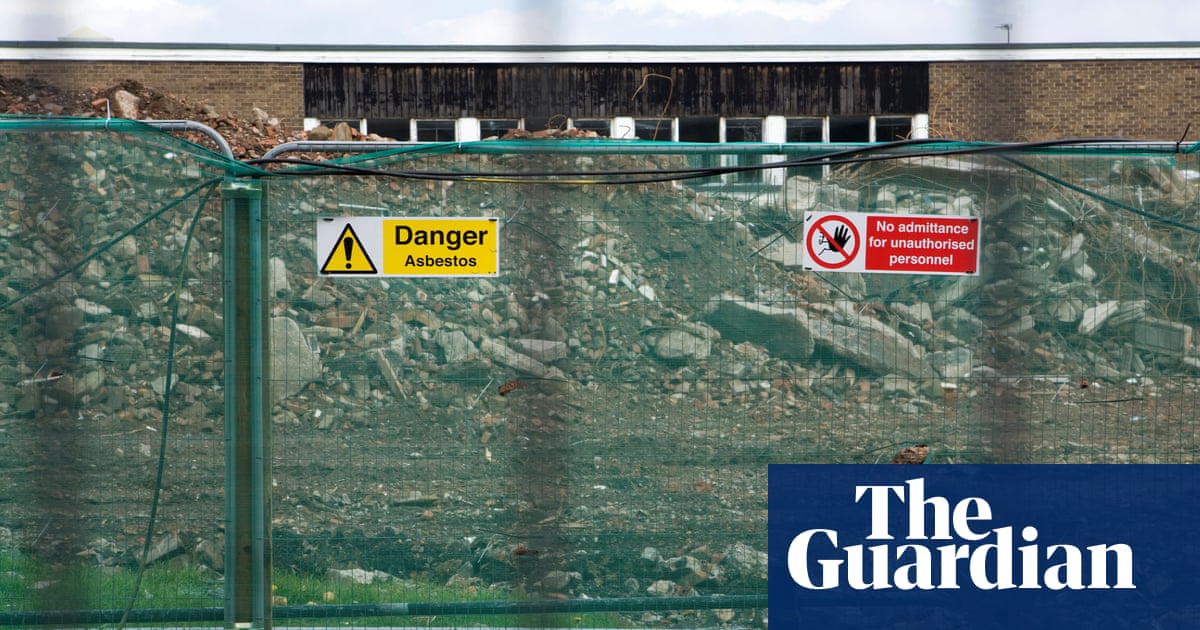
At least 130,000 households in England were made homeless during the first year of the pandemic, despite the government’s ban on evictions, according to data sourced by the Observer. With the ban now over, fears are rising that a surge of evictions may be imminent. But the Observer’s figures show that even while the ban was in place, households were being forced from their homes.
“The ban didn’t stop tens of thousands from facing homelessness,” said Polly Neate, chief executive of Shelter. “During the pandemic, the most common triggers for homelessness were no longer being able to stay with friends or family, losing a private tenancy, and domestic abuse.”
Analysis of published government homelessness statistics and figures collected under the Freedom of Information Act from around 70% of local authorities in England show that 132,362 households were assessed by councils as being owed the “relief duty”, where a household is deemed to already be homeless. The number of homeless households rose slightly in 2020-21 compared with the previous year.
Overall, councils in England were approached 274,000 times for homelessness assistance during 2020-21, with around 106,000 owed the “prevention duty” as they were at risk of homelessness but not yet legally homeless.
The number of households applying for support rose sharply during the final quarter of 2020-21. In Cornwall, 44% of applications for support were made in that three-month period, and 64% in Bath and North East Somerset. Among the worst affected councils is Manchester, although this is partly due to the sheer size of the city. In 2020-21, 3,660 households were initially assessed as homeless by Manchester council, up from 2,906 in 2019-20. A spokesperson for the council said: “The pandemic has been a huge source of hardship for many, and in some cases that has led to people losing their homes.
“The eviction suspension which has now come to an end did protect most people from losing their homes, but not all. The people who became homeless during the pandemic were mainly those fleeing domestic abuse or households asked to leave by family or friends. The end of the eviction ban in England will undoubtedly have an impact on the number of people turning to the council for help, but we are yet to see the end result of this change in policy.”
A spokesperson for the tenants’ union Acorn said: “The sheer number of people made homeless in the last year is extremely upsetting but entirely unsurprising. The government’s commitment to tackling the crisis of homelessness has repeatedly been shown to exist only in word and not in action.
“The government needs to finally take this seriously. Homelessness isn’t an unavoidable natural phenomenon: it can be solved if the political will exists to do so.”
A government spokesperson said the figures were “entirely speculative” and said: “We have taken unprecedented action to protect renters and support those at risk of homelessness and rough sleeping during the pandemic with the ongoing Everyone In scheme supporting around 37,000 vulnerable people. We’re providing over £750m this year alone to tackle homelessness and rough sleeping.”












